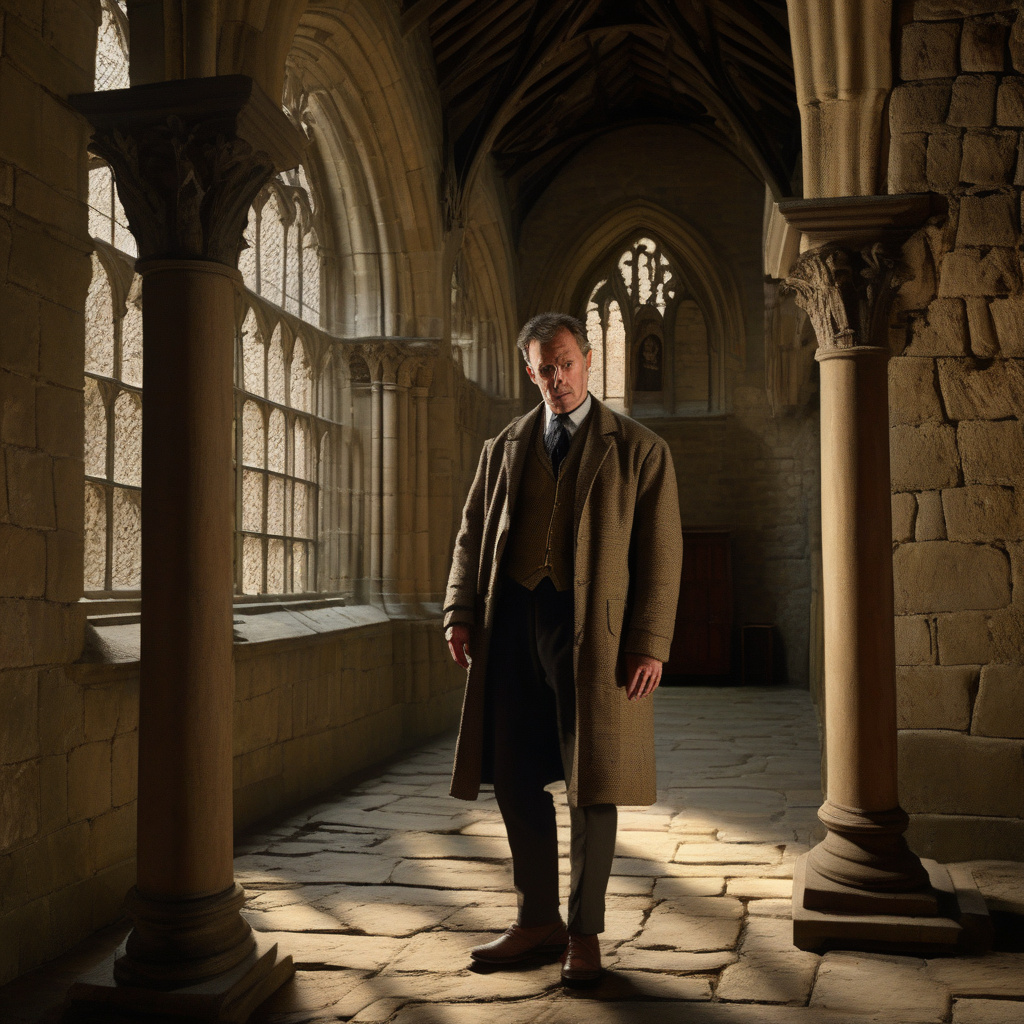700-year-old Priest Murder Mystery Uncovered by Cambridge Criminologist Stuns Experts
Leading Cambridge criminologist could have cracked a 700-year-old gruesome and public murder of a priest. The discovery has sent shockwaves through the academic and historical communities, shedding new light on a long-standing mystery that has puzzled experts for centuries.
The murder in question dates back to the 13th century when a beloved priest was brutally slain in what was then a small, tight-knit village. Despite extensive investigations at the time, the case went cold, with no clear suspects or motives ever identified. The lack of resolution left a dark cloud hanging over the community and became the stuff of local legend.
Fast forward to the present day, and enter Dr. Elizabeth Hayes, a respected criminologist at the University of Cambridge. Dr. Hayes has made a name for herself in the field of historical crime-solving, using modern techniques to re-examine cold cases with fresh eyes. Her latest project delved into archives dating back to the medieval period, where she stumbled upon the records of the unsolved priest murder.
Through a meticulous process of forensic analysis and behavioral profiling, Dr. Hayes was able to piece together a compelling narrative of what may have transpired on that fateful day seven centuries ago. Her findings not only point to a potential suspect but also offer a glimpse into the social dynamics and power structures of the time.
One key breakthrough in the investigation came in the form of DNA evidence recovered from the crime scene. By leveraging cutting-edge technology, Dr. Hayes and her team were able to match the genetic material to a descendant of one of the village’s prominent families, suggesting a possible motive rooted in jealousy or revenge.
But it wasn’t just scientific analysis that led to this breakthrough. Dr. Hayes also immersed herself in the historical context of the era, studying everything from political intrigues to religious rivalries that may have played a role in the murder. By combining her expertise in criminology with a deep understanding of medieval society, she was able to connect the dots in a way that had eluded previous investigators.
The implications of Dr. Hayes’s findings are profound, not just for the academic community but for our broader understanding of justice and human nature. The case serves as a reminder that no mystery, however old or seemingly unsolvable, is beyond the reach of modern investigative techniques.
As news of the breakthrough spreads, experts from around the world are eager to learn more about Dr. Hayes’s methodology and conclusions. Some have even suggested that her work could pave the way for a new approach to historical crime-solving, opening up the possibility of solving other long-standing cold cases.
In the end, the 700-year-old priest murder mystery serves as a testament to the power of perseverance, ingenuity, and interdisciplinary collaboration. Thanks to the relentless efforts of Dr. Elizabeth Hayes and her team, a shadow that has loomed over a community for centuries may finally be lifted, bringing closure to a chapter of history long thought lost to time.
Cambridge, Criminology, Historical Crime, Cold Case, Investigation










